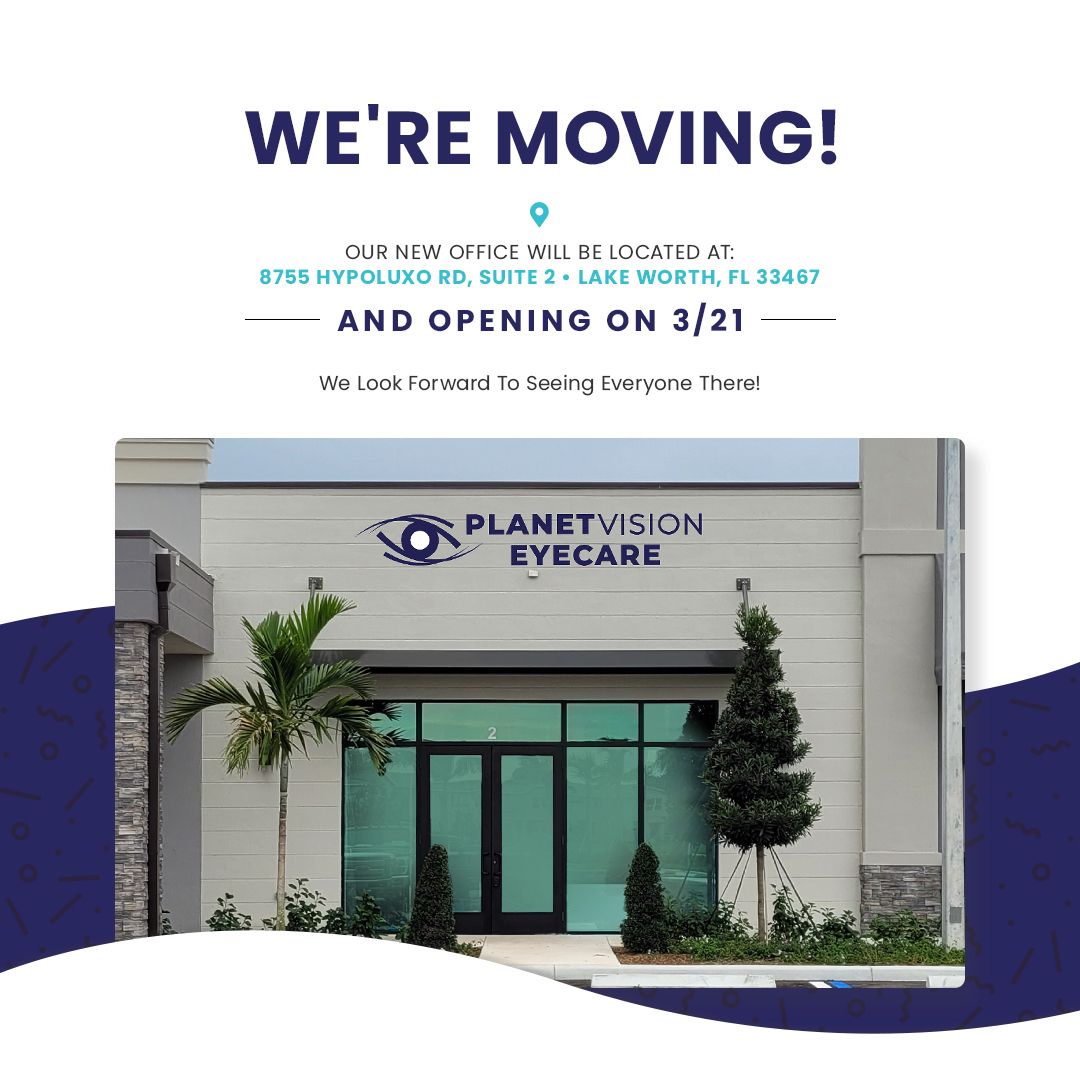What Are the Treatment Options for Keratoconus?
The last few years have seen significant advances in the treatment of keratoconus. Several treatment options can apply, depending on the needs of the patients. Treatments include surgical and non-surgical options.
Fortunately, most patients who have keratoconus will not require surgical treatment. Non-surgical methods can effectively treat the condition. It is vital to understand the treatment options for keratoconus.
Scleral Contact Lenses for Keratoconus
Scleral contact lenses are the most popular and effective option for treating keratoconus. Most specialists choose this non-surgical treatment since it is proving to be very successful. The special contact lenses are larger than traditional contacts. The larger lens offers greater comfort and better vision.
The lens rests on the sclera, which is the white area of the eye, vaulting over the cornea. This way, the scleral contacts avoid touching the sensitive cornea, enhancing comfort while improving vision. The lenses offer better stability and can be customized for each patient.
Gas Permeable Keratoconus Contact Lenses
Gas permeable lenses (RGP) have been around for a while. They are effective in treating keratoconus. RGP lenses for treating keratoconus are smaller than regular contacts. The lenses range in size from about eight to just over nine-millimeter in diameter.
The different brands of RGPs include Rose K, YamaKone, and TruKone lenses. The customizable keratoconus lenses are different from traditional gas permeable lenses as they have an enhanced central section. The contacts are much steeper, and they offer enhanced vision.
Hybrid Contact Lenses for Keratoconus
Hybrid contact lenses are a combination of gas-permeable lenses and soft contact lenses. The hybrid contacts are easy to fit, making them a popular option. However, they have fewer fitting options and are not customizable.
These lenses are readily available, but they are also less durable than other options. Their high cost and usually lower than optimal vision is a disadvantage. The soft skirt enhances comfort, but this can also be a weak point.
Soft Contact Lenses for Keratoconus
Soft contact lenses are the least popular non-surgical option for keratoconus treatment. The contacts do not provide a good vision, and the options for customizing are very limited.
Soft keratoconus lenses do not do a good job of correcting higher degrees of astigmatism. Soft contact lenses generally offer poor visual acuity. However, they are rather comfortable due to their large and thick size.
Surgical Treatment for Keratoconus
Surgical options can treat keratoconus. The surgical options include:
Corneal collagen crosslinking treatment - This involves the use of a Riboflavin solution and UV light.
Penetrating keratoplasty or corneal transplant.
Intrastromal corneal ring segments – These have been treating keratoconus since 2004.
The Intacs® corneal implant procedure - This is quite tedious, and the results are inconsistent. This keratoconus treatment is the least popular option owing to the low success rate.
If you need keratoconus treatment, consult an eye specialist to know the best option for you. You can find out more about the treatment process for the best results.
For more on the treatment options for keratoconus, visit Planet Vision Eyecare. Our office is in Lake Worth, Florida. You can call (561) 556-4600 today to schedule an appointment.










